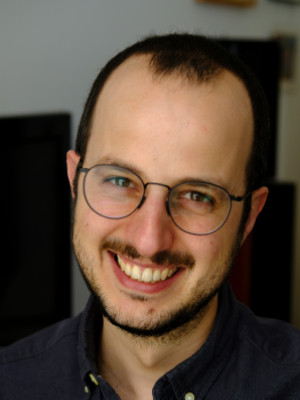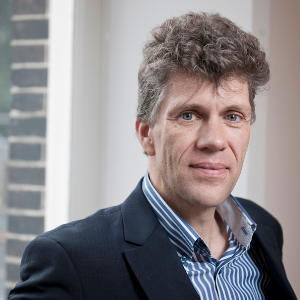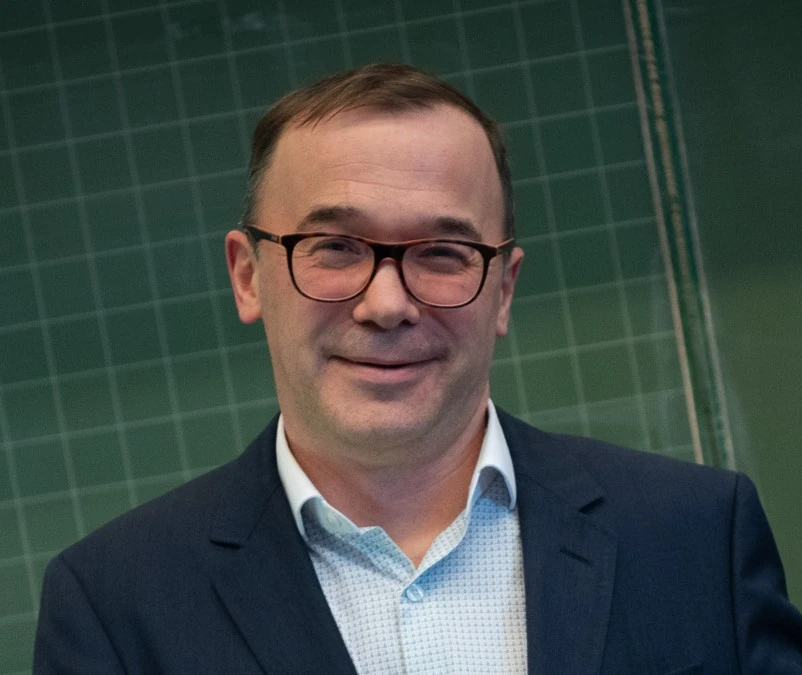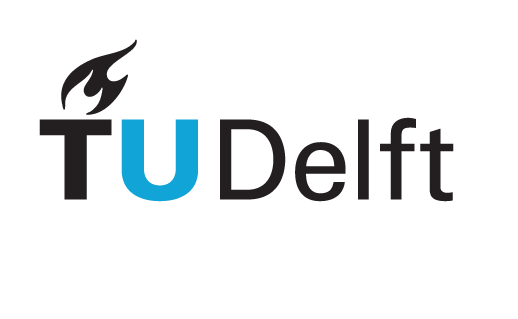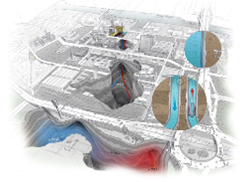Geothermal Energy
Geothermal energy is a renewable, low-carbon source of energy that can be used for both heating and power generation. Our section works on better predicting the thermal response of geothermal energy systems by integrating geological modelling with reservoir simulation. Uncertainties are considered across the domains of the subsurface, development options and the economic output. We focus on the efficient use of the underground to improve energy recovery, the interference of geothermal energy with other subsurface activities and the sustainability of geothermal systems, closely coupled with techno-economics and carbon footprint.
Related projects
PUSH-IT: Piloting Underground Seasonal Heat Storage in Geothermal Reservoirs (Horizon Europe)
Timeline: 2023-2027
PUSH-IT project (Piloting Underground Seasonal Heat Storage in Geothermal Reservoirs) focuses on extending storage temperature ranges to high temperatures by showcasing three high-temperature heat storage technologies that are fit for a wide variety of geological conditions covering most locations in Europe: Aquifer, Borehole and Mine Thermal Energy Storage (ATES, BTES and MTES).
CrossScale: Constraining uncertainties across scales: From Groningen to future geoenergy applications (DeepNL2b)
Timeline: 2024-2028
CrossScale aims to develop an efficient and scientifically based methodology that allows us to represent the key geological heterogeneities in reservoir models through geologically informed upscaling and better constrain uncertainties in model predictions. The project has direct relevance to future subsurface activities (CO2 storage, geothermal energy) and strengthens the path to application, by supporting the informed decision making of different stakeholders when executing low carbon geoenergy projects.
Dynamic Integrated Assessment Methods for the sustainable Development of the Subsurface
Timeline: 2023-2027
DIAMONDS: Collaborative efforts in geoscience to develop dynamic subsurface models integrating environmental economics and social sciences. The project aims to determine threshold values for sustainable management while involving stakeholders to understand perceptions and facilitate coordinated action for sustainable subsurface development.
DAP (The Delft Aardwarmte Project)
Timeline: 2022-2026
DAPwell (The Delft Aardwarmte Project) is a geothermal doublet installed on the TU Delft campus that serves as a national infrastructure for research on a natural geothermal system within an urban setting and, at the same time, as an operating geothermal facility that heats buildings on the TUD campus. The unique aspect of the facility is the possibility to do research on an operating geothermal system, using state of the art monitoring equipment.
Related publications
- Baptiste Lepillier, David Bruhn, Alexandros Daniilidis, Pierre-Olivier Bruna, Richard Bakker, Predictive mechanical model for fracture stimulation in an enhanced geothermal system (EGS) context
- Zaman Ziabakhshganji, Marinus E. Donselaar, David F. Bruhn, Hamid M. Nick, Thermally-enhanced oil recovery from stranded fields: Synergy potential for geothermal and oil exploitation, In Proceedings of the European Geothermal Congress 2016 p.1-10, EGEC.
- Cees Willems, Rogier Crooijmans, Hamid Maghami Nick, David Bruhn, The effect of fluvial architecture in Hot Sedimentary Aquifers on the connectivity and life time of a geothermal doublet
- Márton Major, Alexandros Daniilidis, Thomas Mejer Hansen, Mark Khait, Denis Voskov, (2023), Influence of process-based, stochastic and deterministic methods for representing heterogeneity in fluvial geothermal systems, In Geothermics Volume 109.
- Cees Willems, Rick Donselaar, Gert Jan Weltje, David Bruhn, The influence of fluvial reservoir architecture on geothermal energy production in Hot Sedimentary Aquifers
- K. Mansour Pour, D. Voskov, (2021), Decoupled velocity formulation for geothermal well and reservoir simulation., In 2nd Geoscience and Engineering in Energy Transition Conference, GET 2021 p.1-5, EAGE.
- Y. Wang, The impact of heterogeneity on geothermal production: simulation benchmarks and applications
- Zaman Ziabakhsh-Ganji, Hamidreza M. Nick, Marinus E. Donselaar, David F. Bruhn, (2018), Synergy potential for oil and geothermal energy exploitation, In Applied Energy Volume 212 p.1433-1447.
- Fiorenza Deon, Auke Barnhoorn, C. Lievens, N. Saptadij, S. Sutopo, F van der Meer, T. den Hartog, M Brehmer, David Bruhn, M de Jong, R. Ryannugroho, R. Hutami, R. Sule, C. Hecker, D Bonté, Exploration and comparison of geothermal areas in Indonesia by fluid-rock geochemistry, In Proceedings The 4th Indonesia International Geothermal Convention & Exhibition 2016 p.1-5.
- Caroline Zaal, Alexandros Daniilidis, Femke C. Vossepoel, (2021), Economic and fault stability analysis of geothermal field development in direct-use hydrothermal reservoirs, In Geothermal Energy Volume 9 p.1-26.
